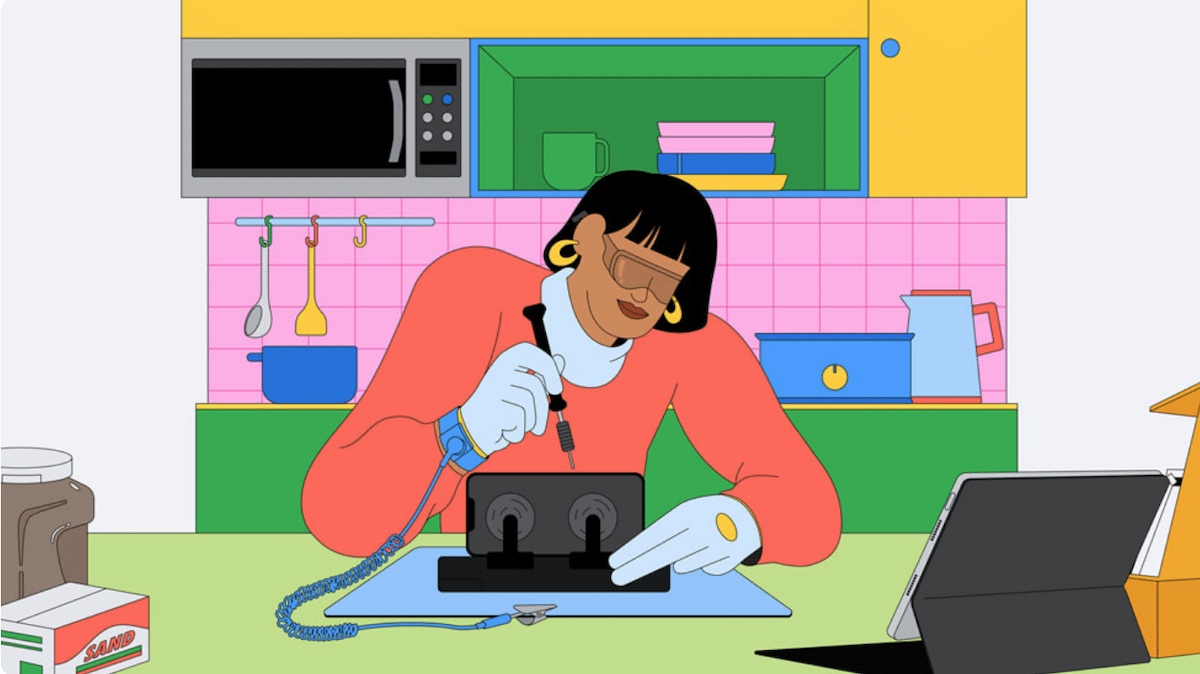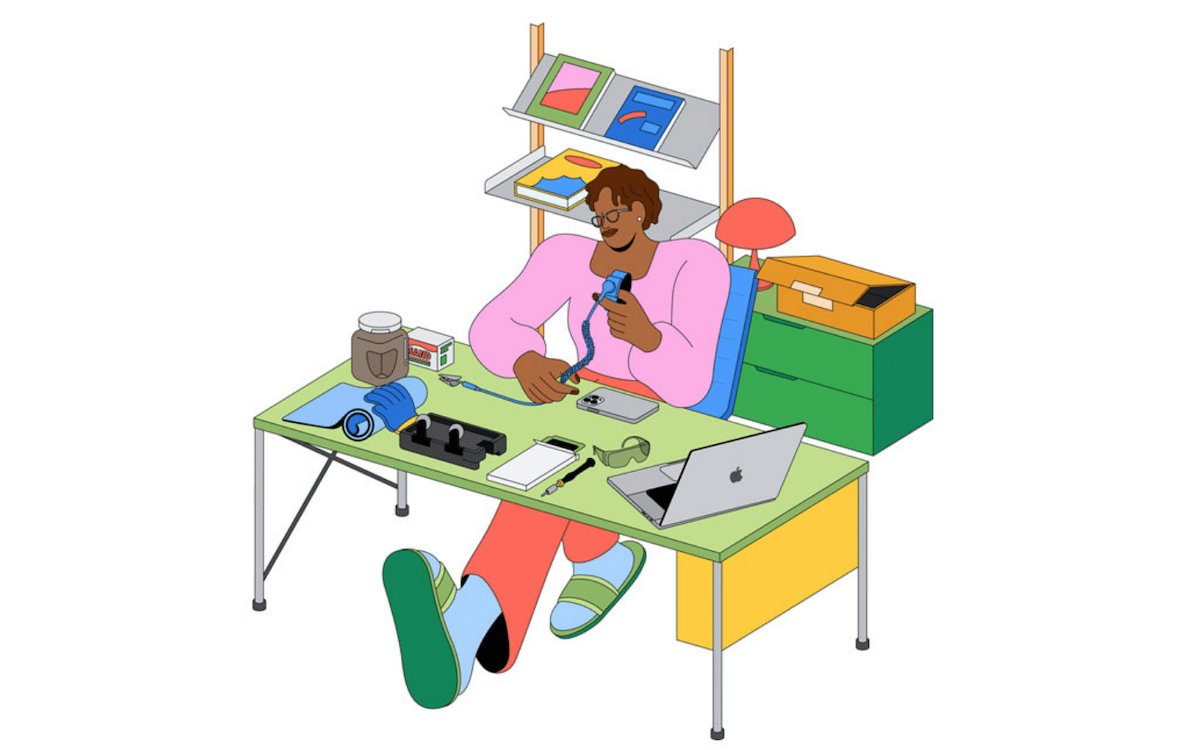Giving in to the demands of the Right to Repair movement, Apple has finally announced the ‘Self Service Repair’ program for customers who are willing to repair their devices, themselves. Starting with iPhone 12 and iPhone 13, the company will provide the required manual, parts, and tools for DYI repairs in early 2022 for customers in the United States. Later the program will include Mac computers features Apple Silicon and throughout 2022, the Self Service Repair will be introduced in more countries.

Apple will allow customers to repair commonly service modules of iPhone 12 and iPhone 13, a win for the Right to Repair movement
In the first phase of the ‘Self Service Repair’ program customers will be provided with the required resources to repair commonly damaged parts of the iPhone 12 and iPhone 13 series like the display, battery, and camera. Having said that, the ability of additional repairs will be rolled out later in 2022.
To safely perform a repair, the company advises the customers to read the repair manual prior to ordering the parts and tools from its Self Service Rapir Online Store. And the customers who wish to return the used parts for recycling to Apple will receive credit toward their purchase.
Jeff Williams, Apple’s chief operating officer said:
“Creating greater access to Apple genuine parts gives our customers even more choice if a repair is needed. In the past three years, Apple has nearly doubled the number of service locations with access to Apple genuine parts, tools, and training, and now we’re providing an option for those who wish to complete their own repairs.”

Legislators and Right to Repair activists were putting immense pressure on the Cupertino tech giant to allow self-repair opportunities so that consumers can save on costly repair bills, reduce e-waste, and importantly, can explore their devices for creative purposes.
Recently, the company released a fix for iPhone 13 third-party screen repair barrier in iOS 15.2 beta 3, after it was heavily criticized for deliberately annihilating the third-party service industry. Maybe, Apple finally decided to change its self-repair policy because of pressure from activists and legislators or it just had a change of heart, whatever the reason, in the end, this decision is beneficial for consumers and most likely will be appreciated.